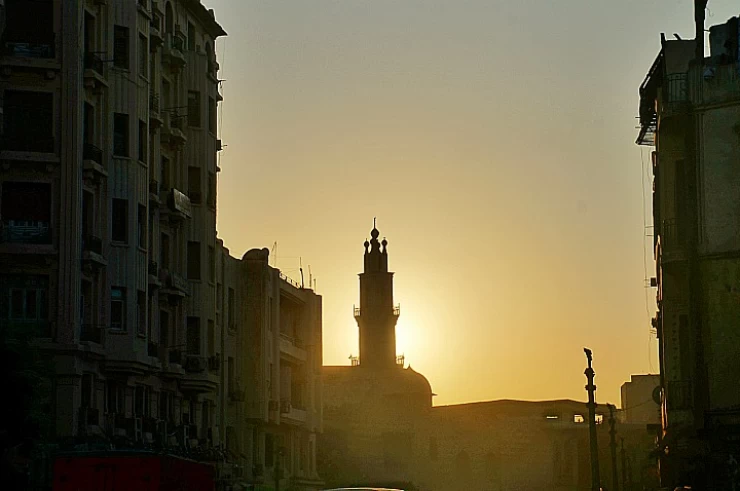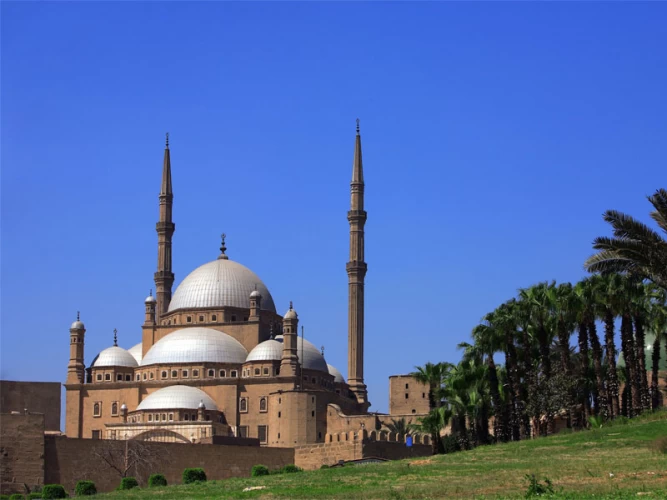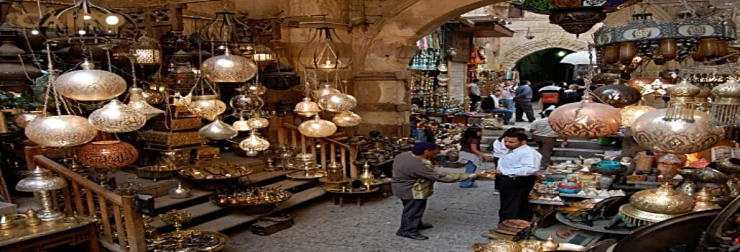
Salah El-Din Al-Ayoubi | Sultan of Egypt
Restoring the greatness of Islam
He is regarded as the great, intelligent, and devout ruler of the East, the conqueror of Jerusalem, and the hero who brought the Muslims together. Born into Kurdish descent, Salah Al-Din Yusuf Al-Ayyubi will go on to become an Arab national hero. To a distinguished family, he was born in Tikrit, Iraq, around 1138. She is descended from the Frankish prince de Ponthieu through her grandmother, the lovely prisoner.
The country is then governed by the Turkish prince Nur Al-Din Ibn Zengi. Saladin trained in the trade of arms with his father Ayyub, governor of Tikrit, and in politics with his uncle, Shirkuh, vizier at the court of the Fatimids of Egypt. When the latter dies, Saladin succeeds him and quickly establishes his power by surrounding himself with members of his family. He politically eliminates the Fatimid caliph, conquers territories and rules alone over a vast empire. He is named founder sultan of the Ayyubid dynasty.
His main opponents of the crusades were the Frankish king Amaury I, his son Baudouin IV the Leper, his brother-in-law Guy de Lusignan, Renaud de Châtillon, prince of Antioch, and the famous Richard Cœur de Lion, whose sister, Jeanne, was said to have married Al-Adil... Saladin’s own brother.
During his twenty years of reign, wars and conquests, he resurrected the mysticism of jihad in his desire to restore the greatness of Islam. His overwhelming victory over the crusaders at Hattin in July 1187, makes him an undisputed leader. The reconquest of Jerusalem, shortly after, crowns the mythical hero of Islam.
Respected and admired adversary, Saladin gained a great reputation in medieval Europe as a chivalrous ruler and became the hero of chivalric novels and songs of gesture. Dante includes him among the souls of limbo in the Divine Comedy.
Saladin had only one wife, Ismat Al-Din. They are childless together, although he has 17 boys and 1 daughter from his numerous concubines. He was buried at his tomb, which is next to the Umayyad mosque, in Damascus on March 4, 1193, at the age of 55. He who lived ascetically, in an extreme simplicity, leaves to his death neither property, nor land, nor wealth. In his chest there is only 1 gold dinar and 47 silver dirhams.


















